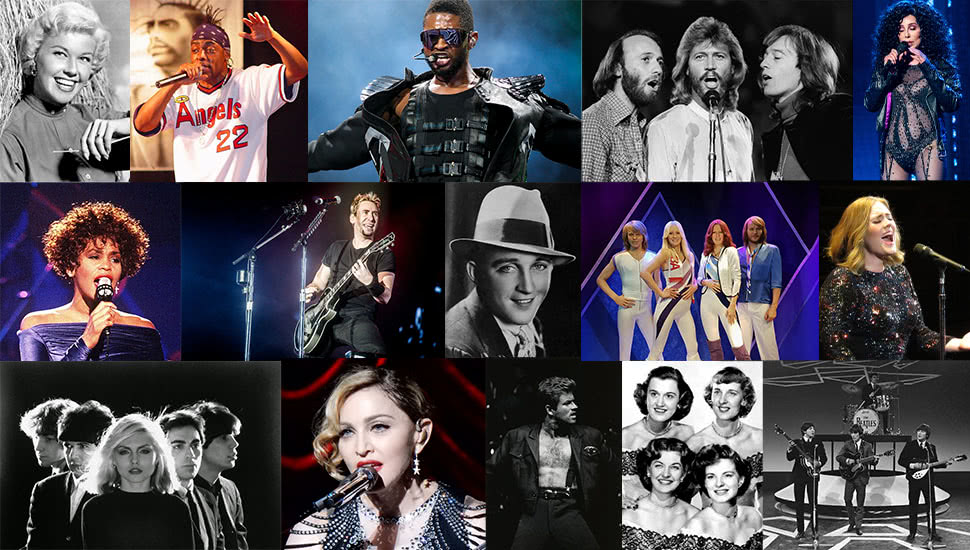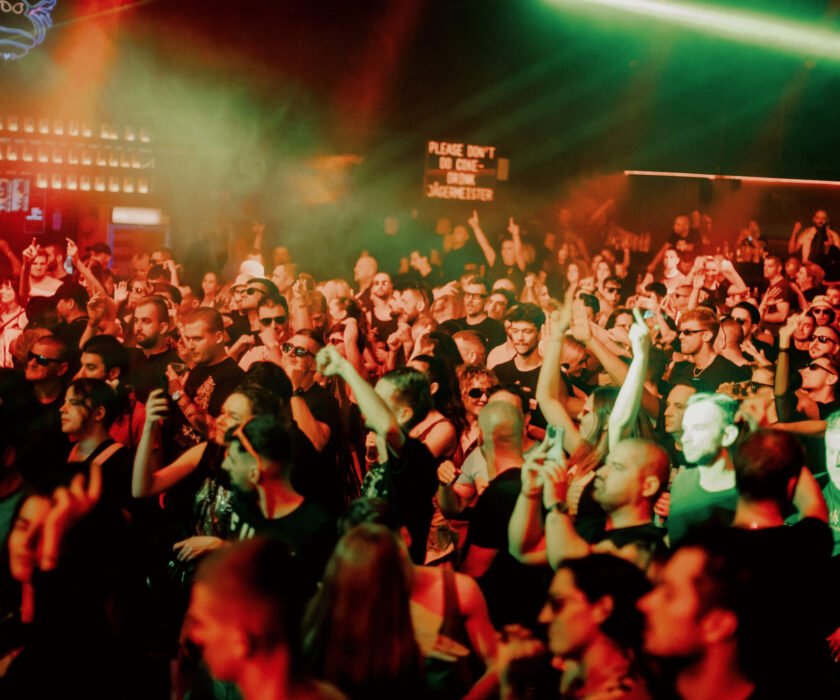Music has always been a crucial part of human creativity and culture. It changes with technologies and grows alongside society. In the 21st century, the digital revolution has transformed music in many ways. Tools like digital audio workstations and platforms such as Spotify and SoundCloud now allow anyone to create and share music globally.

As a result, more music is being created and shared than ever before. A study by MusicRadar explains that today more music is uploaded to streaming platforms in a single day than in the entire year of 1989. Back then, the importance of record labels and physical media kept the number of new releases under control. Fans would wait months to hear albums from artists like Madonna and Prince. Today, new music is released every second.
The rise of music creators has played a significant role in this flood of content. According to MiDIA Research, the number of music creators grew by 12% between 2021 and 2022, reaching 75.9 million. This reflects the growing accessibility of music production tools and the expanding role of independent artists in the industry. Many of these creators are part of the “bedroom producer” movement – individuals using affordable software, AI technology, and home setups to produce professional-quality tracks.
This explosion of tracks has also reshaped listening habits. With so much new music available, many listeners rely on apps and algorithms to discover new songs. While having so many choices is exciting, it can make music feel less special, as there is always something new to listen to. Additionally, listeners today tend to connect less with individual artists and more with specific genres or moods of music.
For artists, standing out in today’s crowded scene is more challenging than ever, and making a living through music is difficult due to the low payouts from streaming services. Yet, this movement of creativity shows how music continues to be a powerful way of expressing culture and connecting people.


